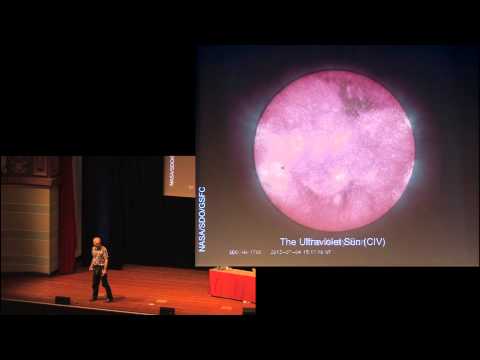ad Colin: (…) …professional misinterpreter… (…)

Well, you seem to think very highly of my misinterpreting skills. Thanks for the kudos 
Seriously, I’m sure I often misinterpret people. With you this seems to happen more often than with others. We could write hundreds of pages and we’d disagree on certain things and probably agree on many more.
Maybe I came across a bit harsh, if I did, I offer my apologies 
I am convinced that anything, absolutely anything can be translated and interpreted under certain circumstances. I never said that I or the colleagues I know would be able to do all of this. I’m convinced, however, that it can be done and that was the general question.
Whatever comes out of your mouth or that of any other expert of any other field can come out with equal accuracy of the mouth of a trained, experienced and - this is very important - properly briefed interpreter. There is no reason whatsoever why this should not be possible.
I have a standard phrase for people who complain about supposedly “bad” translations and interpretations: People get the kind of interpretation and translation they deserve.
This is only my personal opinion and certainly not a motto of our professional associations ;-))
What do I mean by that? Unless we talk about some rather general presentation, an interpreter should be given the presentation beforehand (the full presentation not just an abstract of a few lines). He should have the opportunity to personally contact the speaker BEFORE the presentation in case he has any questions with regard to the presentation. He should be given a list of technical terms, some sort of terminology normally used by the company, group of scientists, researchers etc. working in that specific field.
In addition, any serious interpreter will do his own research on the Internet, with the help of dictionaries etc.
If a speaker fails to offer this kind of support to the interpreter, he shares a big responsibility for any potential disaster. (I’m talking about highly specific presentations here).
If someone wants his speech to be interpreted, he will have to make sure he gets his message across without resorting to some sort of “expert code language” which is only comprehensible to a very small group of people. Why someone would want to do that in the first place when he can convey the same message in other words which are comprehensible to a wider audience of experts, I don’t know, but that is not my business.
So, yes, you will talk to your “science buddies” of your own group in a different way compared to how you’d talk to “outsiders”. If you want to use terminology that you think is not comprehensible for experts outside of your field of specialty or translators/interpreters it will be your job to make sure they either have access to the resources necessary for proper research on their part or you simply will have to forget about the translating/interpreting part.
You can then use English or whatever other language is widely understood by you and your peers to a degree which allows you to follow each other’s presentations in your very own field of expertise.
As for the “simplified talk” issue.
I admit that in many cases I probably would not be able to tell the difference because I lack the professional background. However, I do think that with proper preparation and if provided with the necessary tools of research and, this is essential, the cooperation of the speaker, I could interpret almost any presentation successfully. It is very likely that I would not grasp the underlying scientific concept, but I could still be a valid “assistant” to the speaker when it comes to trying to get his message across even to an expert audience.
As I said before, there are many situations where I would not even dream of accepting an assignment because I feel totally ill-prepared or ill-equipped for the job. There will be many occasions where it will be hard or even impossible to find an interpreter and translator meeting all the necessary requirements for constraints of time, money or other reasons.
I still believe in the general possibility of translating/interpreting anything that any human says or writes.
P.S. While you got my blood pressure in a bit of a turmoil with some of your posts (or my misinterpretations of them), I have very much enjoyed this exchange of opinion.
![]()
